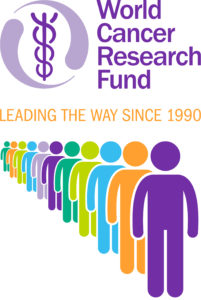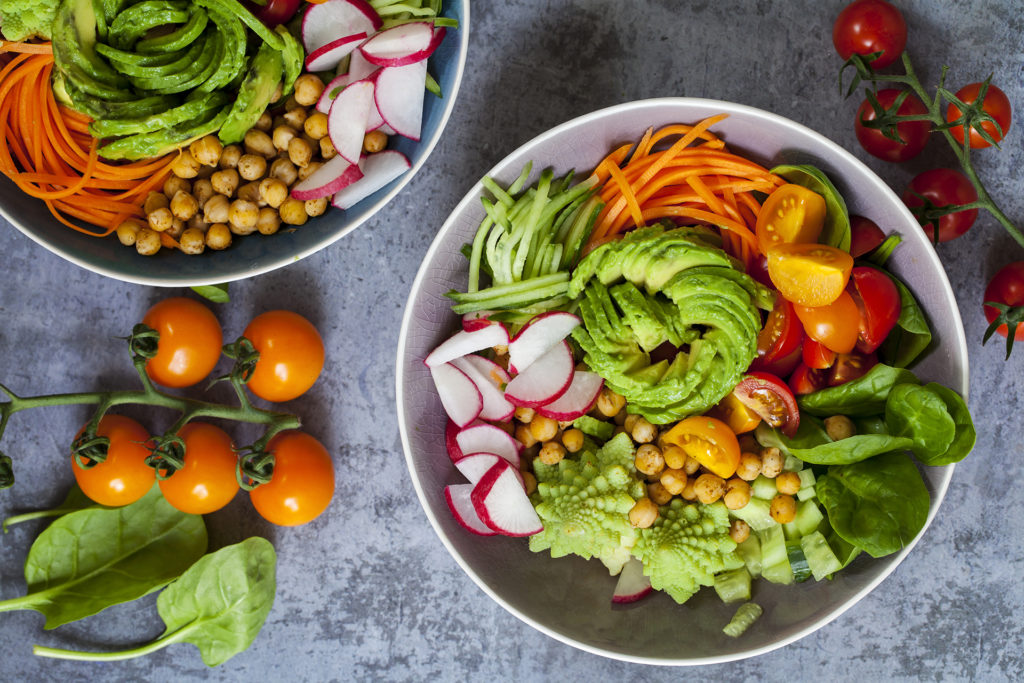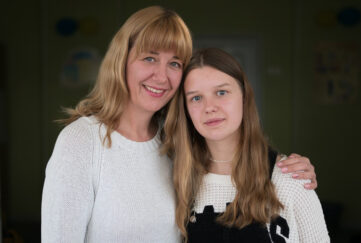How Have Our Eating Habits Changed Over 3 Decades?

Out with tea, white bread and red meat. In with fruit… and pizza!
To mark 30 years of delivering life-changing research and health information advice, World Cancer Research Fund (WCRF) is highlighting how the nation’s eating and food shopping habits have changed – alongside people’s awareness of cancer prevention. The study is being released as part of its 30 Days Has September campaign.
A lot has changed in 30 years – fashion, culture, sport, music. But there have also been changes in what we know about the links between diet and the risks of developing cancer.
As part of WCRF’s 30th birthday, the charity looked back on data collected annually by the Department for Environment, Food & Rural Affairs on weekly food purchasing to see how diets have changed over 30 years.
 Less meat… but more chocolate
Less meat… but more chocolate
The data revealed that in 2018, compared to 1992, we are buying
- 50% less tea
- 56% less white bread
- 32% less red meat (pork, lamb and beef)
- 23% more fresh fruit
Lowering consumption of red meat and eating more plant-based foods both help to lower cancer risk. However, while the nation has become healthier in some aspects, we’ve also started buying more unhealthy food such as confectionery. Chocolate bar consumption rose 13% over the same period.
Who ate all the pizza? 143% more!
One major influence on the nation’s dietary habits has been the advance in technology. Freezers and microwaves are now commonplace in the British kitchen. We’ve become much more reliant on ready meals instead of home cooking.
- Ready meal purchases have doubled since 1992
- Sales of pizza (frozen, not-frozen and takeaway) have increased by 143%
- Overweight and obesity rates have increased in England from 53% of adults in 1993 to 63% in 2018
- Alcohol purchasing has also increased by 38%.
Eating fast foods and having a ‘Western-type’ diet, characterised by high intakes of meat, fat and sugar, are linked to excess weight gain.
Drinking alcohol is strongly linked to six different types of cancer, including breast cancer.
“We need to focus on dietary patterns”
Dr Giota Mitrou, Director of Research at WCRF, said, “Our world-leading research shows that being overweight or obese increases the risk of at least 12 different types of cancer.
“The rise in overweight and obesity is not due to one food alone being eaten more, but rather our overall behaviour patterns changing. This is known as the nutrition transition. It has resulted in people being more reliant on processed foods that are high in fat, salt or sugar.
“That is why we recognise the need to focus more on dietary patterns instead of individual foods or food components. It’s also why our Cancer Prevention Recommendations should be followed as a package of healthy behaviours for maximum benefit.”
Moderate changes can reduce your risk
Rachael Gormley, CEO of WCRF UK, said, “When WCRF was founded in the UK 30 years ago, the link between diet and cancer wasn’t widely known.
“Since 1990, WCRF has invested more than £100m in cancer prevention and survival research. Today, thanks in part to our key role in funding research and public health messaging, more people than ever before are now aware that they can lower their risk of cancer through making moderate, but impactful, changes to their diet and lifestyle.”
This summer, the government announced a new initiative. The Better Health campaign aims to get people to eat more healthily and move more to lose weight.
Previous public health campaigns over the decades have had moderate success. 2004’s Sid the Slug campaign led to a reduction of around 10% in salt in diets.
The 5 A Day campaign, launched in 2003, led to an initial increase in people eating five different fruit and vegetables each day. However in 2018 this had stalled at around 28%.
Check out the WCRF’s Cancer Health Check tool and Cancer Prevention Recommendations. They’re designed to help people understand what changes they could make to reduce the risk of getting cancer.






